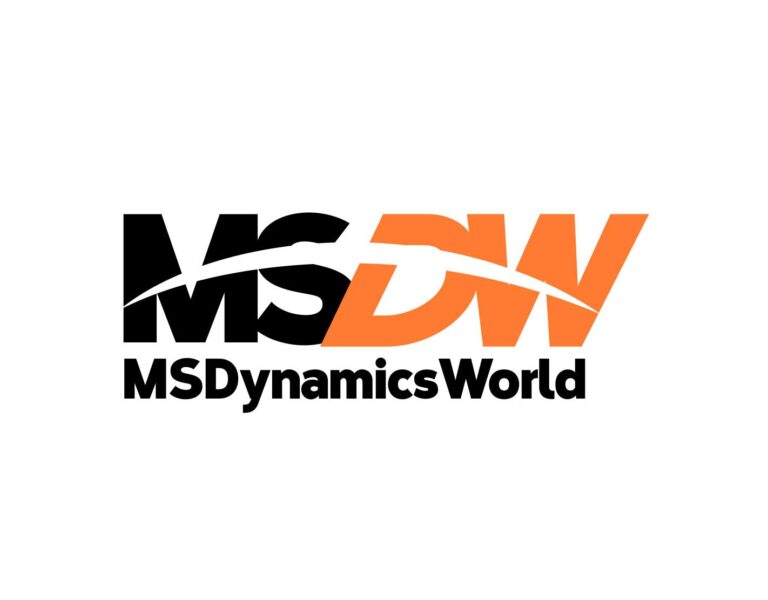You know that earning a Salesforce Certification has powerful benefits. So you sign up for an account on Trailhead — Salesforce’s free online learning platform — and complete your certification prep, including relevant trails and even Salesforce Certification Days. The big day finally arrives to take your certification exam. Whether your exam is in person or online, that feeling of anticipation and excitement when you submit your final answers is the same. But what happens if you fail your Salesforce certification on the first try?
Salesforce certification fails happen to the best of us
Failing an exam happens to the best of us … including me. I’m 9x Salesforce-certified now, but my path included a few exam retakes. I had to stretch, learn, and absorb my certification fails as steps toward success.
Now, as a Salesforce Certified Instructor, I get to talk to Trailblazers about their certification paths, whether they’re prepping for their first exam or need to retake one. Here are six key tips I’ve learned along the way when preparing for an exam retake.
1. Check your feedback
This is so important. The intel within section-level feedback is invaluable. So, pass or fail, review the email provided for insight on areas where you could improve. This information lets you know how well you did in comparison to the exam objectives and highlights any areas you need to focus on next time.
Study up on these areas by hitting the trails on Trailhead. Check to see if specific badges cover the content you haven’t yet nailed. For example, are there parts of the Salesforce Customer 360 that are on the exam but not currently used at your company? Those may be the areas you need to study up on, as you’re likely not as familiar with them.
2. Verify study resources
Make sure you’re only studying from the official Salesforce Exam Guides. You may find unofficial study guides or resources online that reference out-of-date methods, protocols, or data. There’s no point in memorizing incorrect information! Make sure you get your information straight from the source—and that’s always Trailhead and Salesforce.
Salesforce continues to produce lots of online content to help you prepare for exams. Look for videos, blogs, Help & Training documents, and even classes. When studying for my Tableau CRM & Einstein Discovery Consultant exam, I watched (over and over) the Tableau CRM Training video series on YouTube, produced by the Salesforce Product team.
You can also check for upcoming Salesforce Certification Day webinars. Led by Salesforce-certified Instructors, these free webinars help you get exam-ready with great certification tips.
3. Connect with your network
Find a mentor and study with someone who already has the certification you want. Coworkers, bosses, or peers you find via the Trailblazer Community can all help you get the most out of your study sessions. In addition, someone with that certification can often help by providing the context of exam questions and make them more memorable or easier to understand.
For example, I once saw someone share a sample test question from a non-Salesforce site that read, “How long do records sit in the recycle bin?” The sample question’s answer was 30 days. But the correct answer is up to 15 days. If you’ve been around the ecosystem for a long time, you may recognize 30 days because that was the limit many years ago. But Salesforce always updates its documentation and practice exams to the current release, which is why it’s so important to focus on Salesforce resources when studying.
Another time, I was asked, “What would be the best options for automatic system backups?” My response was the Salesforce Export Service or Data Loader. About 5 minutes later, a text came through asking, “Why not reports?” I reminded her that the question was about automatic updates; reports would require someone to actually run and export them all. That’s not automatic.
4. Read questions (very) carefully
Make sure to read all questions carefully–VERY carefully. Often, there’s a single word that will make choices correct or incorrect. So read and answer each question just as they’re written, without making additional assumptions. Then, eliminate anything that’s not essential to the answer. And only “mark for review” those questions where you’re not 100% confident your answer is correct.
I take all of my exams in person. I tried online proctored, and it wasn’t for me. I need the paper and pencil to mind map and make notes. And I learned a key in-person exam-taking tip from a colleague.
Try this test-taking strategy: I start by writing down numbers 1-60 (or the appropriate number for the exam). Then, as I go through the exam, I jot down the letters A, B, C, D, and E. Next, I circle the answers I know to be correct, strike through the letter for incorrect, and put a box around the ones that are a maybe. I then mark those questions for review on the exam. That way, when I go back to review questions before submitting them, I don’t have to spend time trying to reread all of the answers. Instead, I can focus on the ones that were maybes.
5. Take care of yourself
Before your test, have an early night, and make sure you’ve had something to eat. Your brain needs that energy! If noise from other test takers bothered you last time, pack a set of earplugs. You’ll want to maximize your concentration and minimize distractions.
Also, assess your stress levels. Is it a busy time at work? Are you overwhelmed with studying? If I’m not going to have enough time to study because of work and projects, I might reschedule the exam. If you’re super stressed, you might overstudy and get so worked up that you tell yourself you will fail.
But it doesn’t help to convince yourself of doom and gloom. For example, when I was preparing for my OmniStudio Developer exam, I was 100% certain I would fail. But I went ahead and hit the submit button—and nearly jumped out of my chair when I saw I had passed. So check your test anxiety at the door as much as you can.
6. Stay up-to-date on your certifications
It’s essential to maintain that hard-earned certification once you’ve passed (and you WILL pass). Maintenance exams are vital to keeping your certification, and you certainly don’t want to lose it after you’ve worked this hard!
My advice is to take your maintenance exams as soon as they become available. Missing the maintenance deadline means you have to retake the whole exam (and yes, I’ve unfortunately done that, too).
Create your retake plan!
So, now that your Salesforce certification fail is in the rear view and you’ve prepared to retake your exam. How long should you wait before you try again? Once you review your section-level feedback, you can see how close you were to passing and what/how much you need to study. From there, it’s up to you how much more time you will need depending on your score. Make sure you give yourself enough time to review what you missed and become comfortable with the concepts.
And for even more advice, check out these handy certification related blog posts:
I hope to cross my number of Salesforce Certifications over to double digits sometime soon. How about you? What are your certification goals? Catch me on the Trailblazer Community, on Twitter @TaniCLong, or at an upcoming event and let me know. I’ll be there to celebrate or help coach if you need it.
Salesforce Certifications on The Trailblazer Blog
Find real-world advice on how and why you should earn role-based credentials and become Salesforce-certified.











